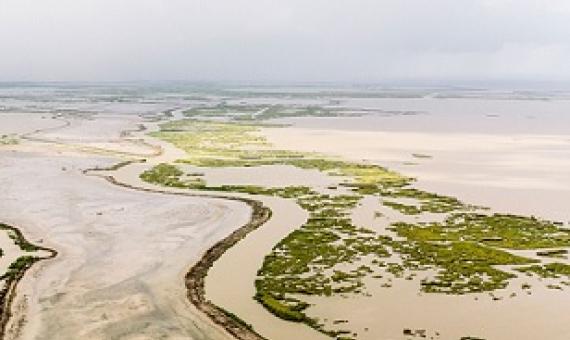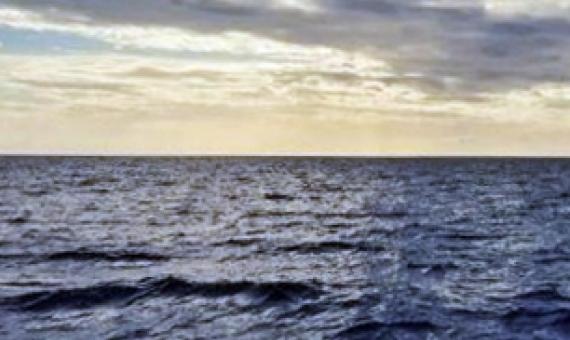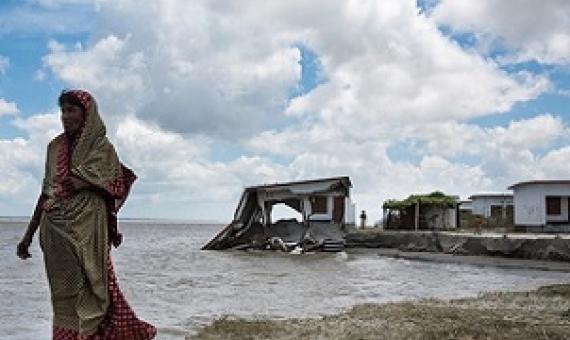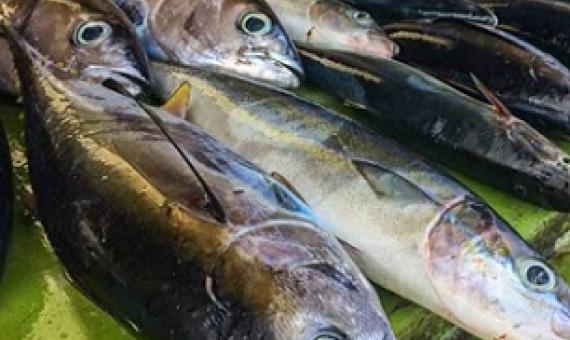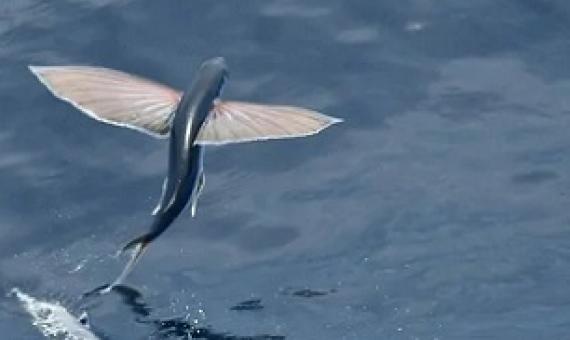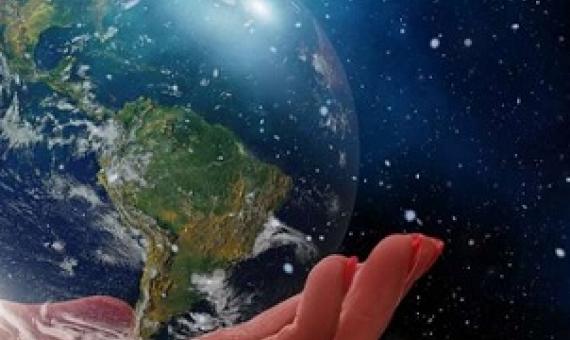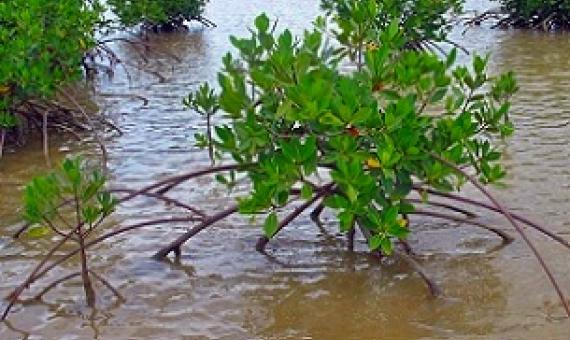In the Torres Strait, between Australia and Papua New Guinea, lies Bramble Cay—a small, low-lying sandy island once home to a chubby-cheeked, brown rat found nowhere else in the world called the Bramble Cay melomys.
A series of regional conventions and policies are playing an essential role in monitoring climate change and preparing for extreme weather events, preventing oil spills, reducing plastic and other waste, saving coral reefs, and providing overall ocean protection and restoration of marine ecosyste
Latest IPCC climate report warns that rising greenhouse-gas emissions could soon outstrip the ability of many communities to adapt. The negative impacts of climate change are mounting far faster than scientists predicted less than a decade ago, according to the latest report from a Unit
Samoa has set her sights on planting three million trees, and possibly more, to protect the environment and fight back against the adverse impact of climate change. As of 2020, more than 2 million trees had been planted by school children, community based groups, N.G.Os, sports people and ot
As resource owners of the world’s largest and most valuable tuna fisheries, Pacific members zoomed into the 18th annual Western Central Pacific Fisheries Commission (WCPFC18) meeting in December 2021 with the principal objective to pass the tropical tuna measure (TTM).
A framework for identifying the most vulnerable marine species will boost global conservation and policy efforts against anthropogenic climate change.
Frontiers 2022: Noise, Blazes and Mismatches
The UN Environment Programme (UNEP) works to identify and draw attention to emerging issues of environmental concern. The UNEP Frontiers’ report continues to advance this work, signaling environmental issues and solutions for effective and timely responses. Some issues may be local, relatively small-scale issues today, but may have the potential to become an issue of regional or global concern if not addressed early. This year’s edition, Noise, Blazes and Mismatches, looks at three concerns: urban soundscapes, wildfires and phenological shifts.
Ten facts about land systems for sustainability
Land use is central to addressing sustainability issues, including biodiversity conservation, climate change, food security, poverty alleviation, and sustainable energy. In this paper, we synthesize knowledge accumulated in land system science, the integrated study of terrestrial social-ecological systems, into 10 hard truths that have strong, general, empirical support. These facts help to explain the challenges of achieving sustainability in land use and thus also point toward solutions.
A new report released today in the Proceedings of the National Academy of Sciences of the United States of America (PNAS) is a call to action for policymakers worldwide seeking to develop sustainable and equitable solutions to our most urgent global challenges.
Funding for nature conservation must triple worldwide by the end of this decade if climate goals are to be met.

